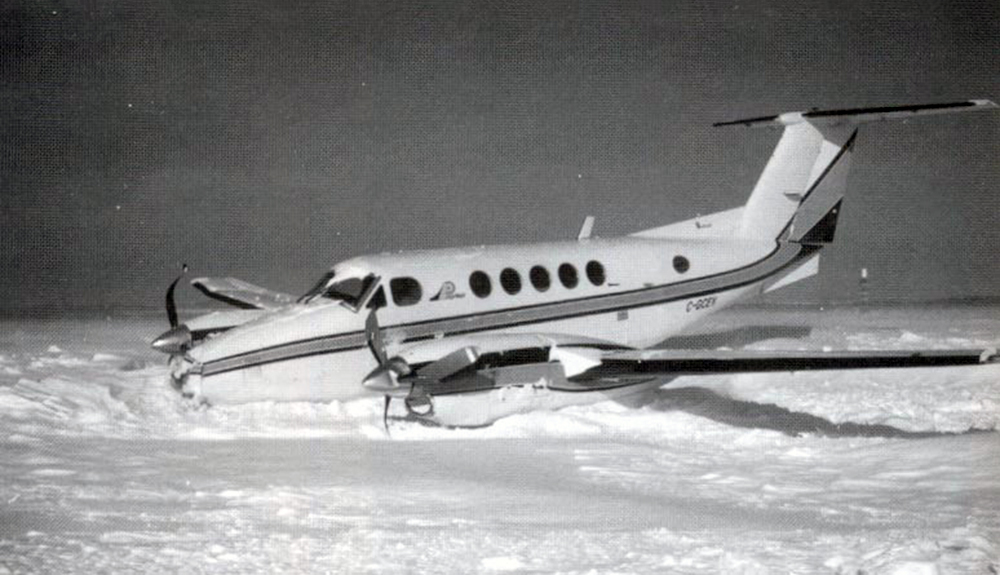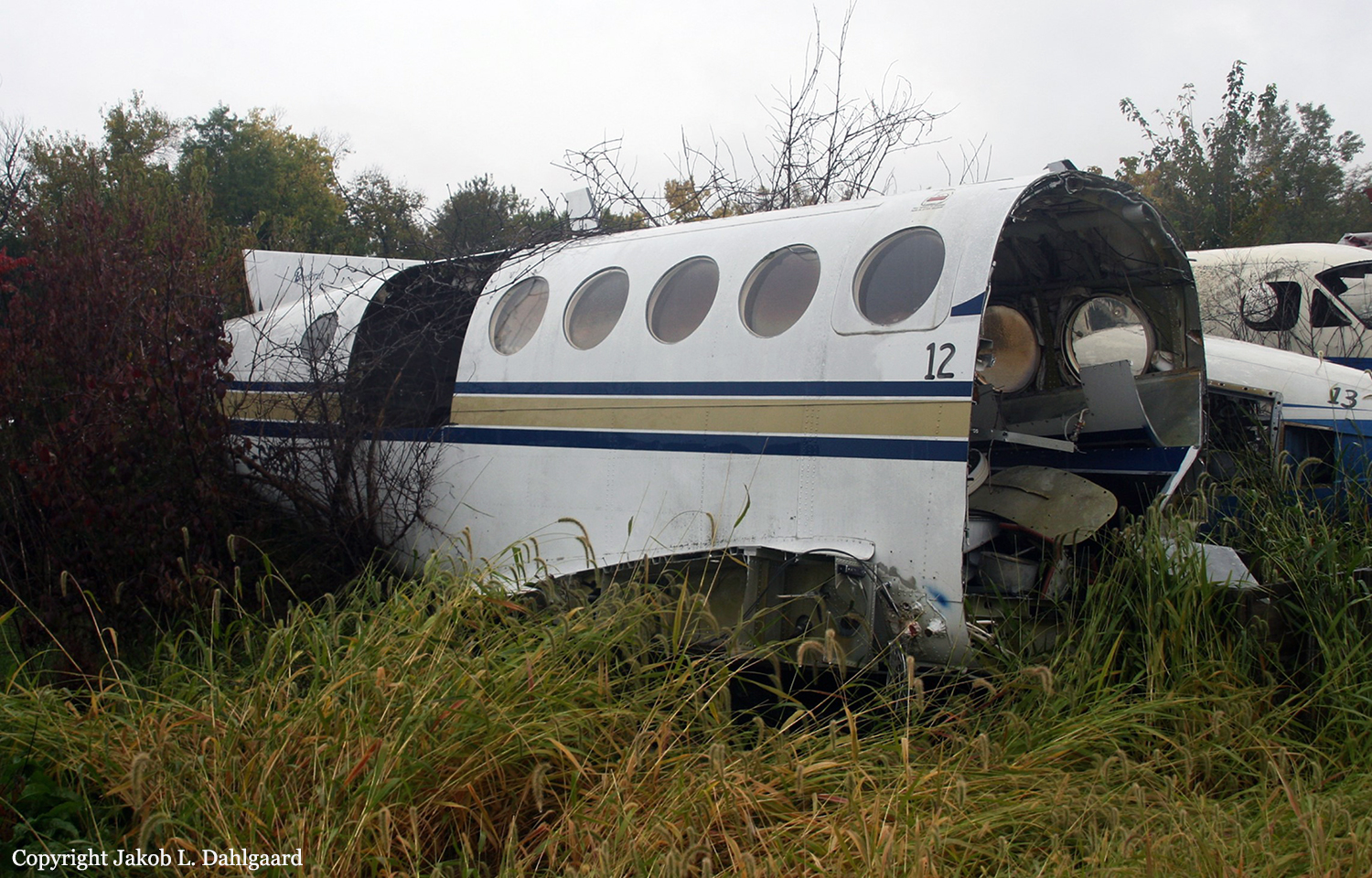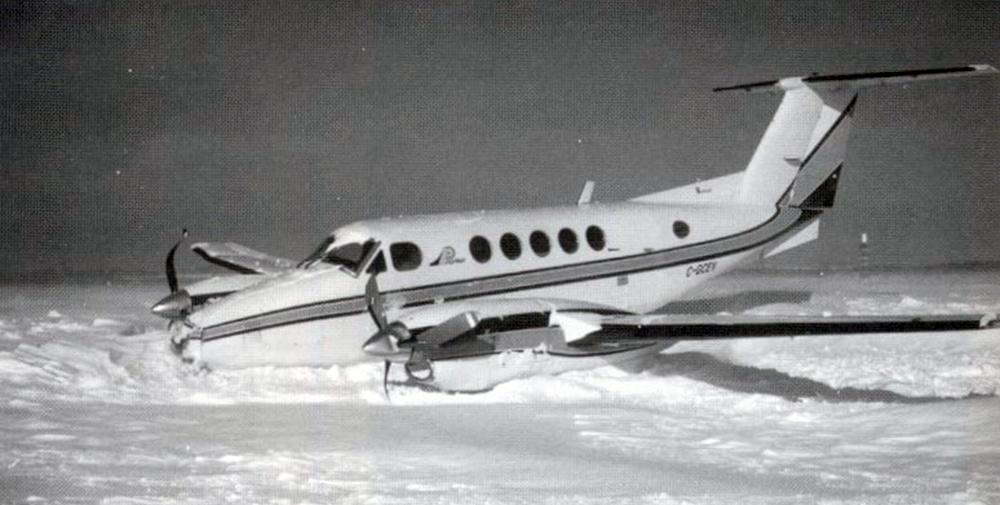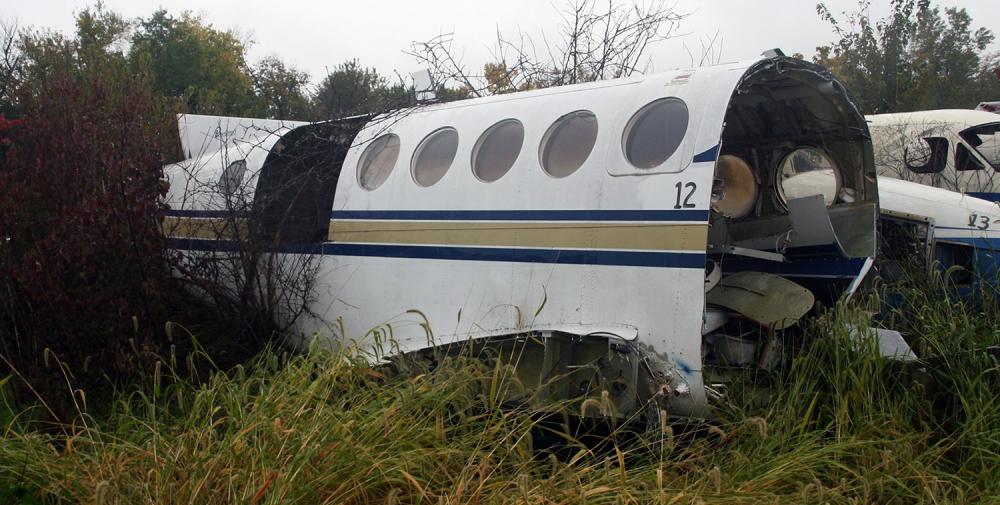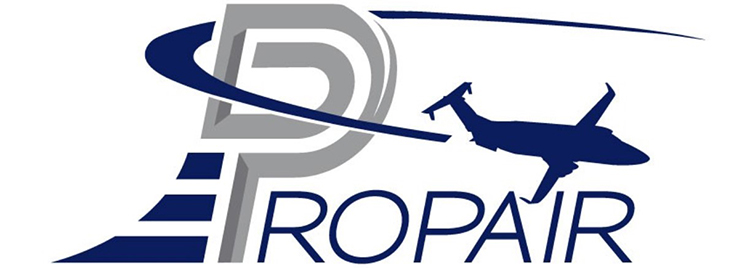Date & Time:
Jan 28, 1997 at 1700 LT
Type of aircraft:
Beechcraft 200 Super King Air
Registration:
C-GCEV
Flight Phase:
Takeoff (climb)
Flight Type:
Scheduled Revenue Flight
Survivors:
Yes
Schedule:
Seven Islands - Montreal
MSN:
BB-153
YOM:
1976
Country:
Canada
Region:
North America
Crew on board:
2
Crew fatalities:
0
Pax on board:
9
Pax fatalities:
0
Other fatalities:
0
Total fatalities:
0
Captain / Total hours on type:
1300
Circumstances:
The Propair Inc. Super King Air 200 (serial number BB-153), with two pilots and ten passengers on board, was preparing to make a charter flight under instrument flight rules from Sept-Îles to Dorval, Quebec. At 1700 eastern standard time (EST), the co-pilot, in the left seat, began the take-off roll on runway 09. At an indicated airspeed of about 90 knots, 5 knots below rotation speed (VR), the aircraft began to drift to the left, toward the runway edge. The copilot attempted unsuccessfully to correct the take-off track using the rudder. At around 100 knots, just before the aircraft exited the runway, the co-pilot pulled the elevator control all the way back and initiated a climb. At about the same moment, the pilot-in-command throttled back, believing that a collision with the snowbank at the runway edge was inevitable. The aircraft descended until it struck the snow-covered surface to the north of the runway and slid on its belly before coming to rest on a heading opposite to the take-off heading. The pilot-in-command was slightly injured. The aircraft sustained considerable damage. The occupants used the main door to evacuate the aircraft.
Probable cause:
The aircraft crashed as a result of the lack of cockpit co-ordination when the pilot-in-command took control of the aircraft as the aircraft was airborne. The following factors contributed to the occurrence: marginal environmental conditions; contaminated runway surface; poor cockpit management; ineffective briefing; and, inadequate training for rejected take-offs.
Final Report:
C-GCEV.pdf284.64 KB
